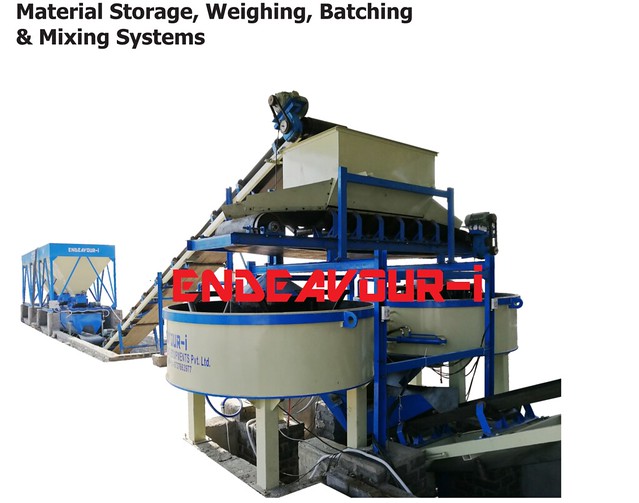Manual Pallet Stacker – A Versatile and Efficient Material Handling Solution
Introduction
In the world of material handling, efficiency and versatility are of utmost importance. One such tool that has gained popularity in warehouses and industrial settings is the manual pallet s Manual pallet lifter tacker. This article will explore the manufacturing process, features, advantages, usage methods, how to choose this product, and conclude with its significance in lifting and rigging supplies.
Manufacturing Process :
The manual pallet stacker is meticulously manufactured using high-quality steel c manual pallet stacker omponents for durability and strength. Skilled technicians assemble manual pallet stacker various parts like the frame structure, hydraulic system, lifting forks, wheels, handles,and control mechanisms.The entire process undergoes strict quality checks to ensure the final product meets industry standards.
Features:
1. Traditional Pallet Jack: The manual pallet stacker includes a traditional pallet jack design which allows for easy maneuverability in tight spaces.
2. Manual Load Lifter: With its hydraulic lift mechanism operated by hand controls,the load lifter ensures precise positioning at varying heights.
3. Manual Pallet Lifter: Equipped with adjustable forks,this lifter enables operators to a

ccommodate different sizes of loads.
4.Hand-Controlled Pallet Stacker:The ergonomic design incorporates user-friendly hand controls for seamless operation.
Advantages:
1. Versatility: The manual pallet stacker proves versatile as it can handle both open-bottomed and closed-bot Traditional pallet jack tomed pallets efficiently.It also assists in loading/unloading trucks,trailers or shelves without hassle,reducing overall turnaround time.
2.Space-Efficient: Its compact structure enables it to operate even in confined areas where larger equipment might struggle.This feature makes it ideal for small warehouses or retail spaces wi manual pallet stacker th limited space availability.
3.Cost-Effective : Compared to powered equipment,the manually-operated stackers are more affordable.They elim manual pallet stacker inate reliance on power sources,resultingin reduced energy costs.Additionally,maintenance expenses are minimal due to fewer intricate moving components.
Usage Methods:
1. Load Placement:To use the manual pallet stacker, ensure the forks are positioned correctly beneath the load.For stability purposes,it is best to place heavier items at the bottom and lighter ones on top.Adjustable forks a

llow for precise positioning.
2.Lifting Process:Engage the hand controls to lift or lower the load precisely as required.During this process,maintain a safe distance from obstructions.Maximize visibility by ensuring an unobstructed view of surroundings.
How to Choose Manual Pallet Stacker:
Selecting an appropriate manual pallet stacker requires consideration of certain factors:
1.Load Capacity:The stacker’s

capacity should align with your specific industry requirements.It is crucial not to exceed capacity limits as it may lead to accidents or compromised safety.
2.Height Requirements:Determinethe maximum lifting height needed for your operations.Bear in mind that different models offer varied maximum heights.C lifting and rigging supplies hoose one that suits your vertical stacking needs.
3.Sturdiness:A well-constructed pallet stacker will handle heavy loads effortlessly.Conduct thorough research on manufac Manual load lifter turers known for producing robust equipment.
Conclusion:
In conclusion, the manual pallet stacker proves to be an indispensable tool in lifting and rigging supplies. With its efficient design, versatility, cost-effectiveness,and easy operation,it streamlines material handling processes in warehouses and industrial settings.Finding a reliable manufacturer offering quality-built lifting and rigging supplies stackers catering specifically to your business requirements is essential.Investing in such equipment assures increased productivity,safety,and overall operational efficiency.





